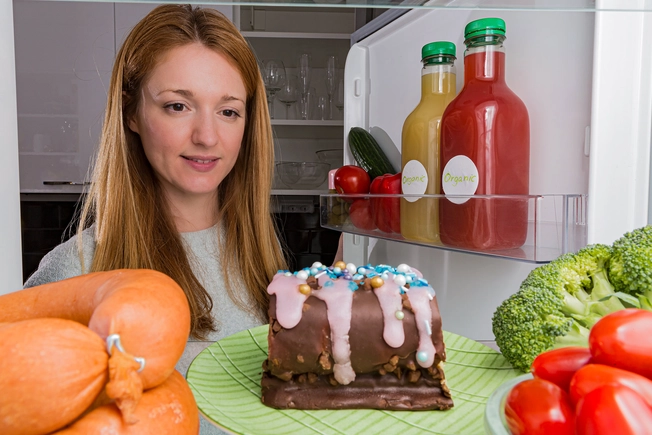- Overview
- Alcohol Use Disorder
- Opioid Use Disorder
- Cannabis Use Disorder
- Prescription Drug Abuse
- Other Abused Substances
- Non-Substance Addictions
- View Full Guide
Break the Habit: 10 Ways to Help Tame Your Soft Addictions


Understand Soft Addictions
Soft addictions aren't on the same level as hard addictions such as smoking or alcohol abuse. Instead, they are behaviors that are fine in moderation but become a problem when you do them too often. Habits such as stress-shopping, binge-watching shows, and gossiping can cost time and money that you could be using to achieve your goals.

Decide What Soft Addictions Are Causing Problems
Because soft addictions are normal behaviors that can even be healthy when used moderately, everyone's addiction will be different. To decide if a habit is a soft addiction, you'll need to evaluate its effect on your life. Watching late-night TV may be a way to relax for one person, but it may be a way to avoid relationship issues for another.

Learn About Dopamine
The brain chemical dopamine is associated with developing pleasant habits. Each time you engage in a pleasurable activity, your brain releases dopamine. Every time you do the activity, the dopamine release strengthens the habit. When you try to quit, your body craves the dopamine hit.

Replace Soft Addictions With Healthy Habits
Once you've identified your soft addiction, try replacing it with a healthy habit. For instance, if you're trying to quit eating dessert, go for a walk after dinner instead. Alternative habits can help counteract your desire to engage in a soft addiction.

Visualize Your Success
Another helpful practice for breaking soft addictions is to visualize what success looks like. Mentally picturing yourself avoiding temptation can give you practice in your new behaviors. If you have trouble resisting unhealthy foods when eating out, visualize yourself at your favorite restaurant ordering a healthy dish instead.

Find Your Triggers
You'll have more success breaking soft addictions if you figure out what triggers them. Keep a log of what was happening right before you engaged in your soft addiction. Write down the events and circumstances as well as your emotions. Try to avoid triggers if you can, although that may not always be possible.

Identify Negative Thinking Patterns
Identify what negative thoughts or emotions you usually experience when you give in to a soft addiction. You may find that you overgeneralize, jump to conclusions, magnify negative consequences, or have an "all or nothing" attitude. Replacing these negative thoughts with positive ones can help you put things in perspective and disrupt your bad habits.

Exercise Your Self Control
When you resist temptation, you temporarily deplete your self-control. You may find it harder to avoid another temptation soon afterward. However, like your muscles, exercising your self-control can cause it to grow over time. Any regular act of self-control will gradually increase your ability to withstand all sorts of temptation.

Enlist Support
Breaking soft addictions isn't easy. Your brain is hardwired to enjoy them. You spend much of your day unconsciously engaging in habits, both good and bad. Enlisting the support of your family, friends, and coworkers to avoid your triggers, resist temptation, and establish new habits can make the process easier.

Manage Your Stress
Stress contributes to addictive behaviors, bad habits, and other poor lifestyle choices by interfering with your healthy brain processes. Many people use soft addictions as a coping method for handling stress. Learning to regulate your stress by exercising, getting enough sleep, and other relaxation techniques can eliminate the need to use soft addictions to cope with stress.